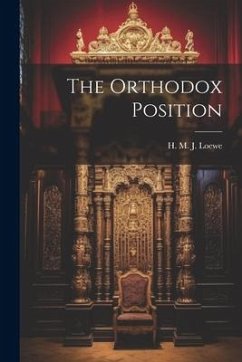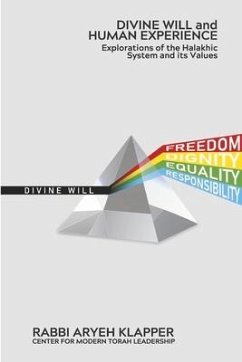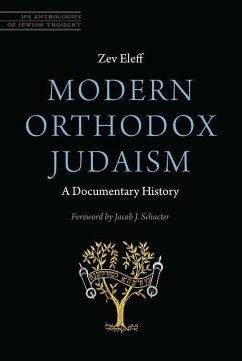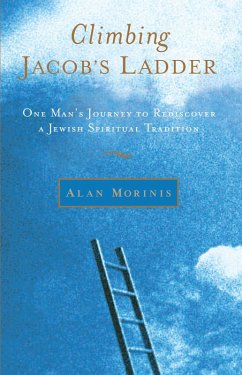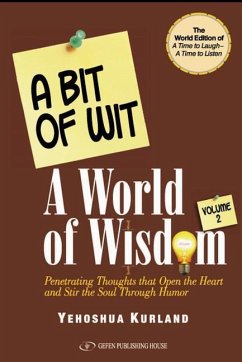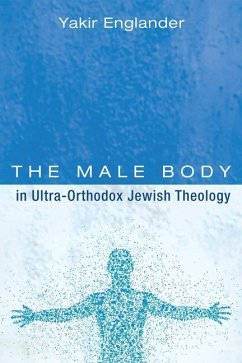
The Male Body in Ultra-Orthodox Jewish Theology
Versandkostenfrei!
Versandfertig in über 4 Wochen
36,99 €
inkl. MwSt.
Weitere Ausgaben:

PAYBACK Punkte
18 °P sammeln!
How does Ultra-Orthodox Jewish literature describe the male body? What does the body represent? What is the ideal male body? This book is a philosophical-theological exploration of the different images of the male body in Ultra-Orthodox literature since the holocaust. The body is not incidental to this community but is the axis by which it tries to understand its meaning and its role in life. In the first part of the book, Yakir Englander explains the "problem of the body" and the different ways that Ultra-Orthodox theology deals with it. These different and even contradictory voices can teach...
How does Ultra-Orthodox Jewish literature describe the male body? What does the body represent? What is the ideal male body? This book is a philosophical-theological exploration of the different images of the male body in Ultra-Orthodox literature since the holocaust. The body is not incidental to this community but is the axis by which it tries to understand its meaning and its role in life. In the first part of the book, Yakir Englander explains the "problem of the body" and the different ways that Ultra-Orthodox theology deals with it. These different and even contradictory voices can teach the reader about the shifting of ideas inside Ultra-Orthodox thought in the last decades. The second part of the book focuses on the image of the ideal body and describes how the rabbis train their bodies to reach ultimate form.






